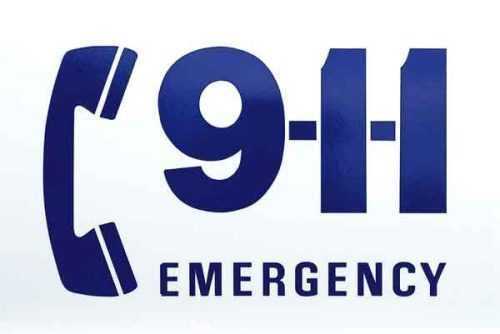
Hey there! Have you ever encountered some issues while downloading files or software from the internet? Well, in this blog, we’ll be talking about a solution to those problems – Download 911. It’s a handy tool that aims to make your download experience faster and smoother. So, let’s dive in and explore how it works!
Download 911: Everything You Need to Know About This Emergency Service
When it comes to emergencies, every second counts. That’s why knowing about the 911 service can be a lifesaver. In this article, we’re going to explore all the details you need to know about 911, including how to use it, what emergencies to report, and what happens after you call.
What is 911?
911 is the emergency telephone number used in the United States and Canada. It is designed to quickly connect people in need of emergency services, such as police, fire, or medical assistance, with the appropriate resources. The system was first implemented in 1968 in Haleyville, Alabama, and has since spread throughout the country.
How to Use 911
If you find yourself in an emergency situation, calling 911 is simple. Pick up the phone and dial the number 911. An operator will answer and ask you for your location and the nature of the emergency. It is essential to remain calm and provide clear and concise information to the operator. Be sure to stay on the line until the operator tells you it is safe to hang up.
When Should You Call 911?
It is important to understand when to call 911 in case of an emergency. Some situations that require immediate attention include:
– A fire
– A serious car accident
– A crime in progress
– A medical emergency, such as a heart attack or stroke
– A person in danger or distress
While it can be tempting to call 911 for non-emergency situations, such as a noise complaint or a minor injury, it is crucial to reserve the service for true emergencies. Calling 911 unnecessarily can potentially tie up the resources that are needed for a real emergency.
What Happens After You Call 911?
After you call 911, an operator will assess the situation and determine what resources are necessary. Depending on the emergency, they may dispatch a police officer, a fire truck, or an ambulance to your location. It is important to stay on the line and follow the operator’s instructions until help arrives.
It is also important to note that 911 operators are trained to handle a wide range of situations, including those involving mental health crises. Don’t be afraid to reach out to 911 if you or someone you know needs immediate help with a mental health issue.
911 and COVID-19
The COVID-19 pandemic has changed the way many emergency services operate. However, calling 911 remains the same. If you are experiencing COVID-19 symptoms, such as difficulty breathing or a fever, it is still essential to call 911. Be sure to let the operator know if you have been in contact with someone who has tested positive for COVID-19 or if you have recently traveled to an area with a high number of cases.
Alternatives to 911
While 911 is the primary emergency service in the United States and Canada, there are alternative numbers you can call for non-emergency situations. Examples include:
– Your local police or fire department’s non-emergency number
– Poison control
– Roadside assistance services
– Mental health hotlines
It is a good idea to have these numbers on hand in case of a non-emergency situation that does not require 911.
Final Thoughts
Knowing about the 911 service is an essential part of emergency preparedness. Remember, in case of an emergency, call 911 and provide clear and concise information to the operator. Only use the service for true emergencies, and be sure to stay on the line and follow the operator’s instructions until help arrives. By doing so, you can help ensure the safety and well-being of yourself and those around you.